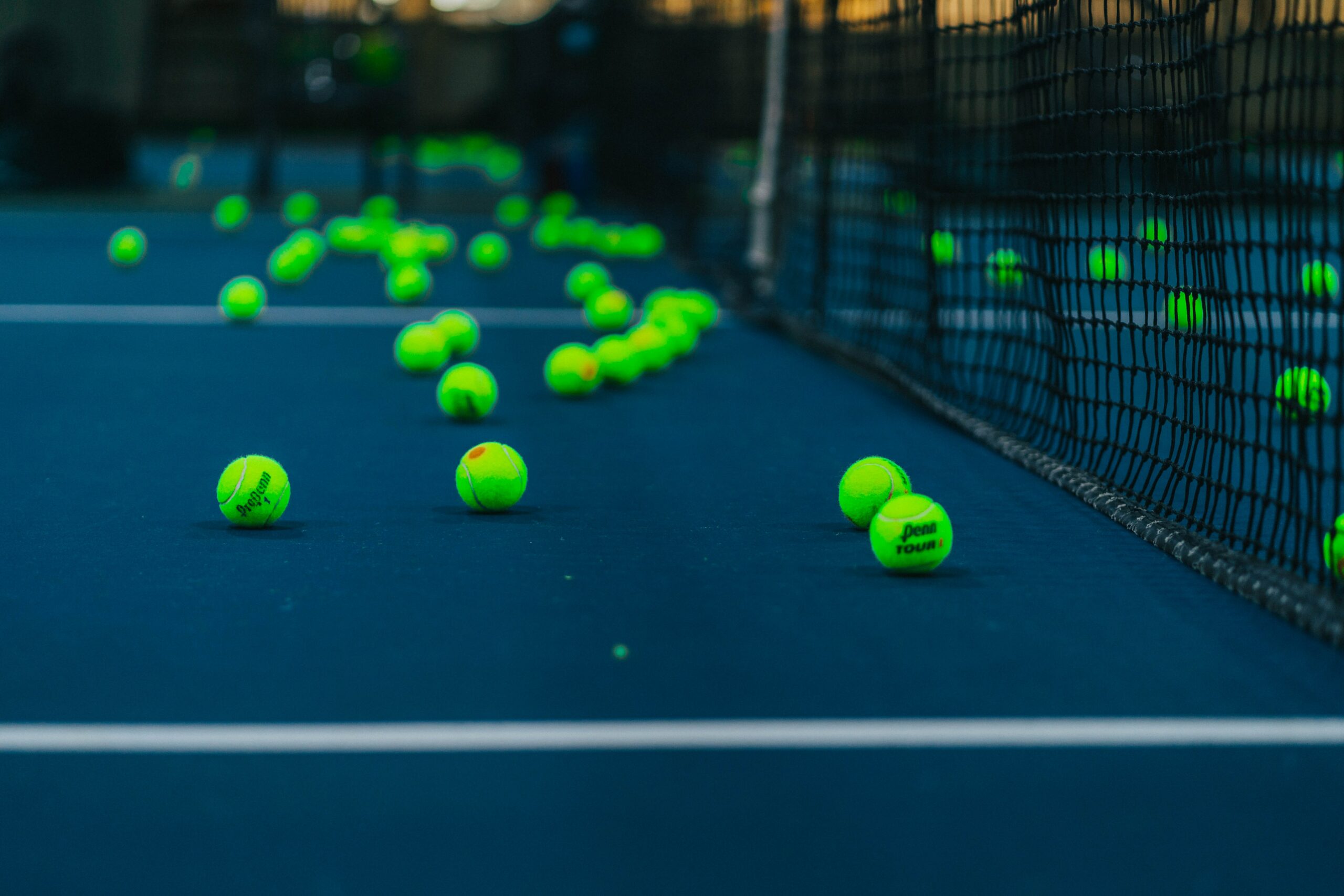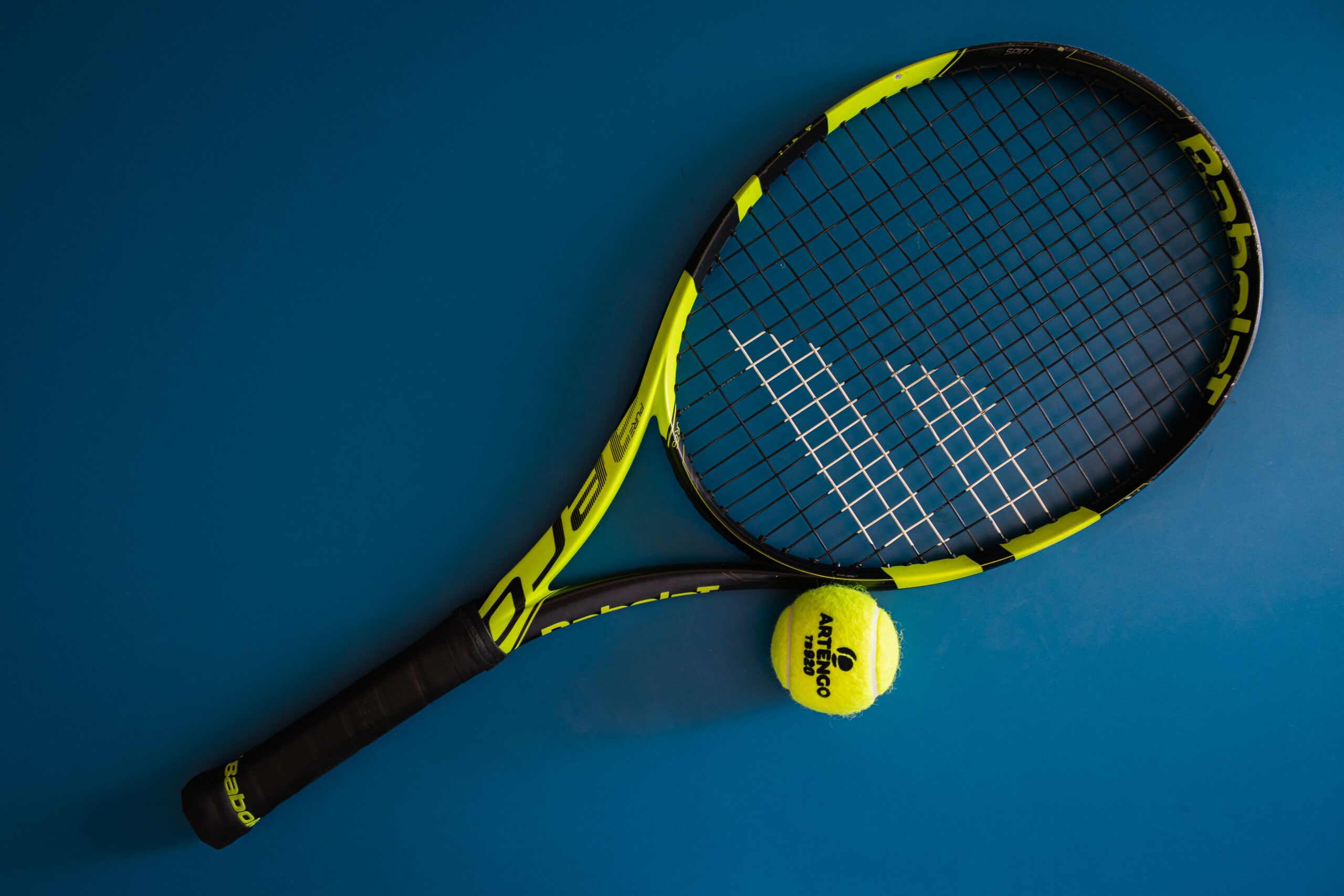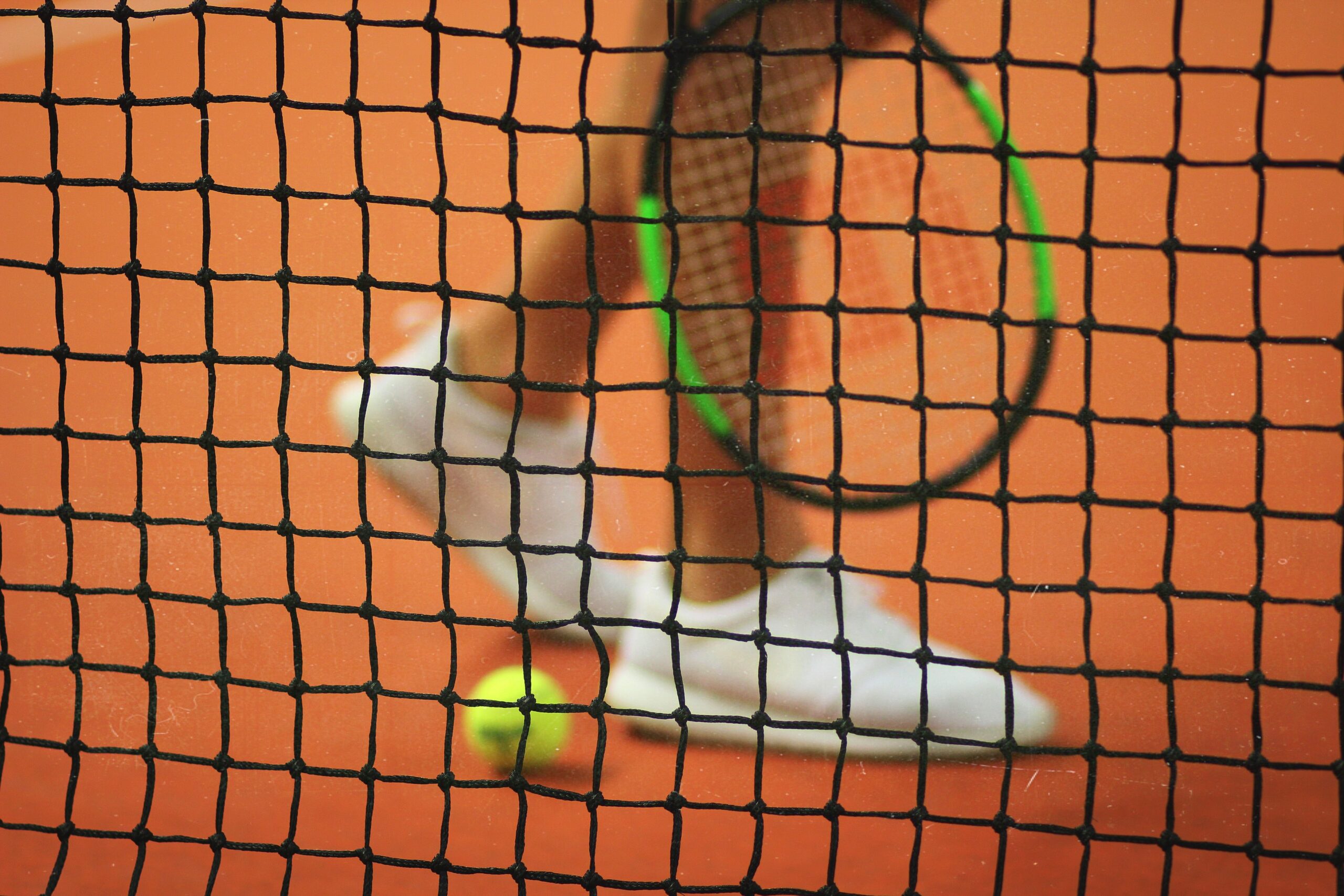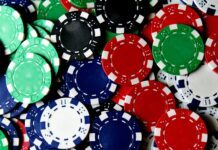The sport Tennis has more fans because it is the most lifelike of them all. Running, swimming, cycling, and diving are all highly individualistic sports. Not about attempting to get to the finish line in the quickest way possible or perfecting a particular routine; instead, it’s all about having fun.
To win, you have to keep a critical eye on your own game while responding to your opponent’s moves. When it comes down , it requires the same amount of tenacity as any other endeavor: Not only is it a matter of luck or talent, but it’s also a matter of perseverance. You must retain your composure in the face of adversity and concentrate on improving your weaknesses.
Tennis may teach us a few career lessons, such as:
You’re ultimately responsible for the outcome. As a player, you have the ultimate influence over your performance in tennis. Just as in real life, there are no team members to blame if things go wrong. Focusing on the task at hand is more important than focusing on whether or not your emotions. They are winning the next point, the game, the set, or the match.

This sport is all about battling against yourself. Constant improvement is something you strive towards. Faster shot placement, surprising your opponent, and more effective footwork are some of the ways you can improve your game. On the court, that’s precisely what you’re meant to do. If you point the finger at others, such as the coach, the opponent, the referee, or anybody else, you will only make the situation worse.
If you don’t accept your role in the outcome, you’re doing more harm than good to your game. Secondly, you must be highly self-aware. As a tennis player, you’re continuously studying your strengths and shortcomings and making adjustments to your game: Depending on the weather, your opponent, the surface you’re playing on, etc. You’re always fine-tuning every aspect of your technique, from your grip to your footwork, until it becomes second nature. As a player, you’re constantly trying to hide your deficiencies during games and work endlessly to improve them during practice.
Learn to be conscious of your emotions and how they impact you and regulate them in the present if you’re feeling annoyed or angry. Aside from technical and physical improvements, this is equally as crucial, if not more so.
You’ll Make Mistakes a Lot:
![]()
There is an infinite number of tiny and large chances for failure in the sport. The stakes are high: Assessment of development is accomplished through a sequence of games, sets, and competitive events. Two (for women) or three groups must be won for a match to be considered over. Without victory in a tournament, you’re out of a match.
A match that you eventually win will see you lose hundreds of points, tens of games, and even one or two sets. Even though the greatest champions have suffered far more defects than victories, we are nevertheless in awe of their achievements. After all, there’s another tournament to play and another point, game, set, and match to win, so there’s no time to rejoice or lament the outcomes.
Exceptional tennis players do not allow their emotions to take control until after the match has been completed. Learning to deal with failure and becoming comfortable with it is the foundation of success, which requires a lot of disappointment. When it comes to champions, it is often forgotten just how many times they have to fail before they can attain substantial success.
Don’t Let Your Laurels Get the Best of You:

After a few points or games, congratulations, but the contest doesn’t end until you win two or three. Momentum may alter in a moment, and your opponent is doing the same to figure out what would work best for them in the situation. You’re back to square one, figuring out how to beat them again, as soon as your concentration lapses and you start slacking off. Regardless of how far ahead you compete, you must maintain a high level of focus because you never know what will happen.
Your opponent’s game will improve, while you will fail due to various factors, such as excessive heat or rain. Maintain your focus and remember that the game will not be over until the last whistle has blown, so don’t let your guard down too soon. It’s primarily a psychological issue. This differs from many other sports in that being the fastest, strongest, and most athletic player does not automatically make you the best.
This is neither how championships are decided nor is it how they are won. It’s all about ball placement, athleticism, exposing your opponent’s flaws, highlighting your strengths, and total mind control. You can’t base your self-belief on how you perform in any given set or game understanding the art of relaxation. When you can play a game without being discouraged or upset, it can make a significant difference in your performance ability.
Defeat Experienced Player on Football:

To defeat an experienced opponent, you must remain calm under pressure, play your best at every given moment, and never let your guard down. Playing against someone who will not give up, no matter how far down you are, is a terrifying experience. If you’re down, don’t give up. It is vital to maintain your composure when under pressure to reinforce that it is primarily a cerebral sport.
To be a great player, you don’t have to be a prodigy, a genius, or a once-in-a-generation athlete to achieve greatness. Having the fortitude to keep going when the going gets rough is essential in this situation. When the odds are stacked against you, you have to learn to relax and enjoy the challenge. Yet must win another set, game, or match before the job is complete. A large part of the excitement of watching Tennis is witnessing players rediscover their self-confidence due to their commitment to the game and refusal to give up.















